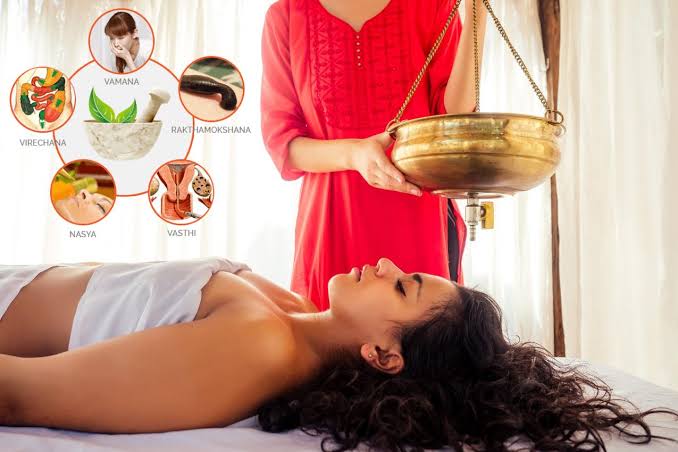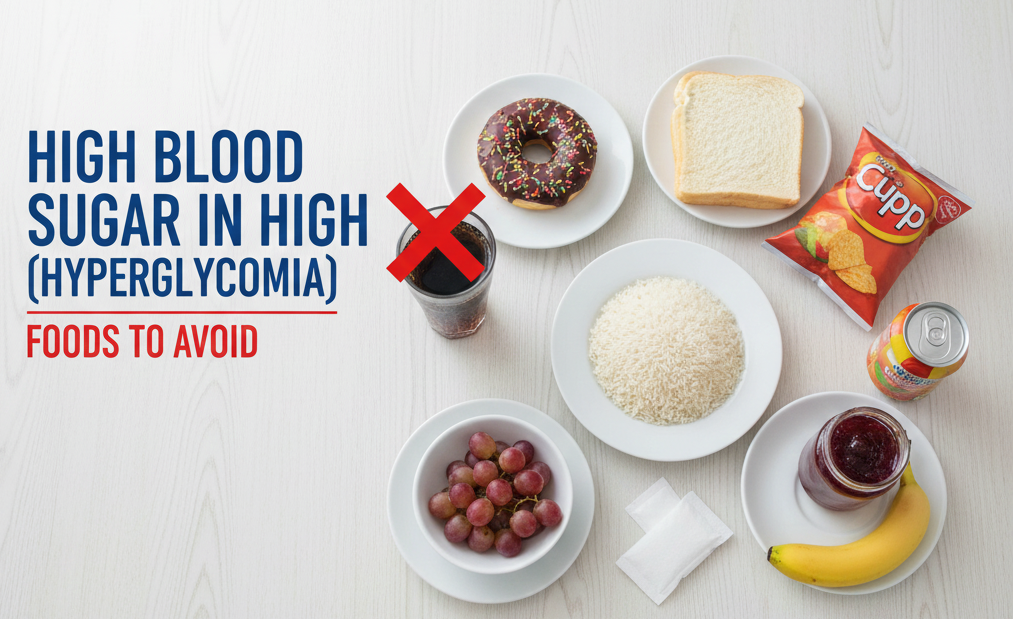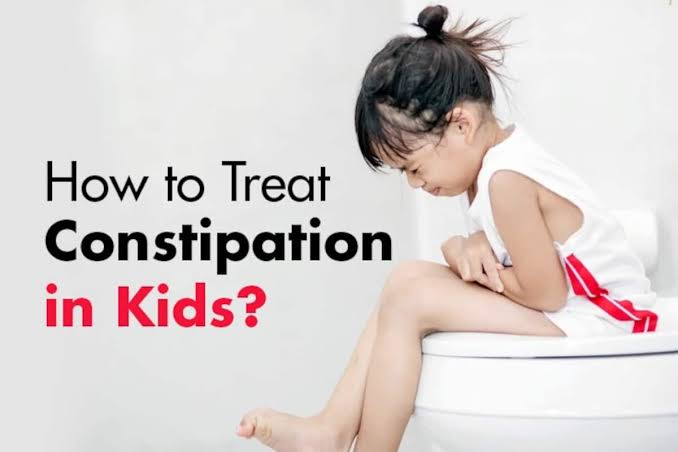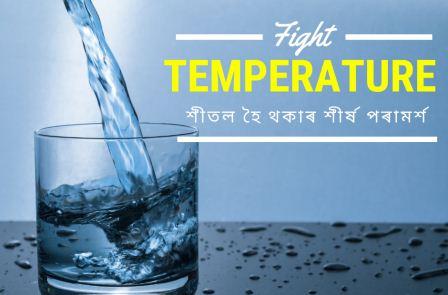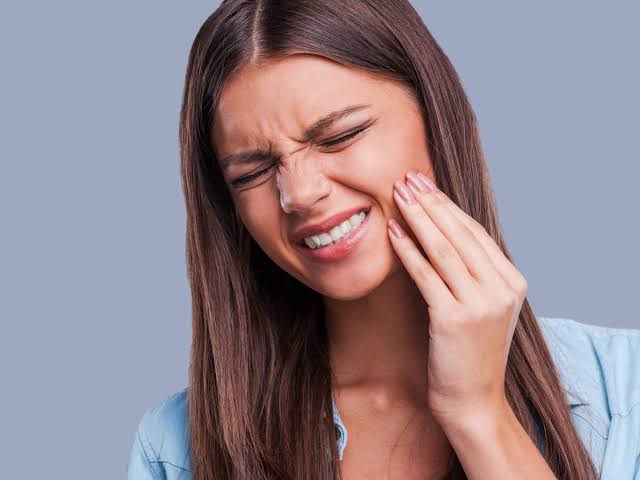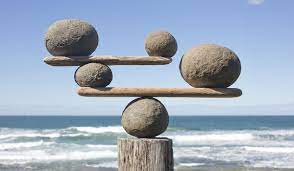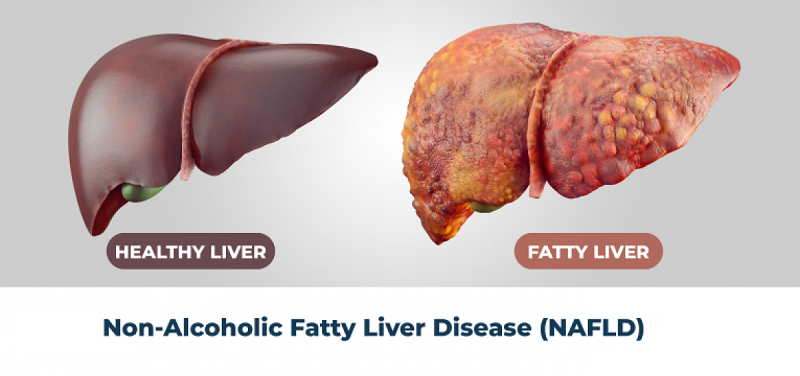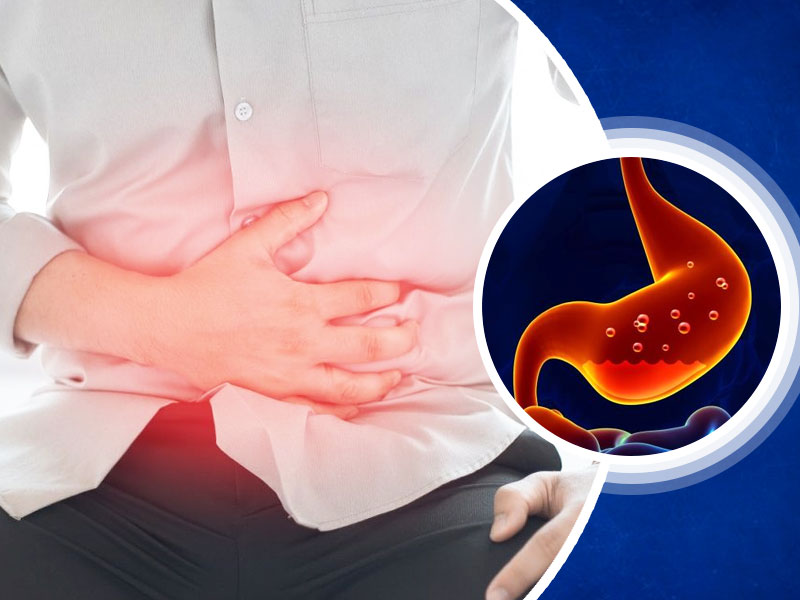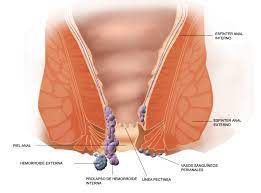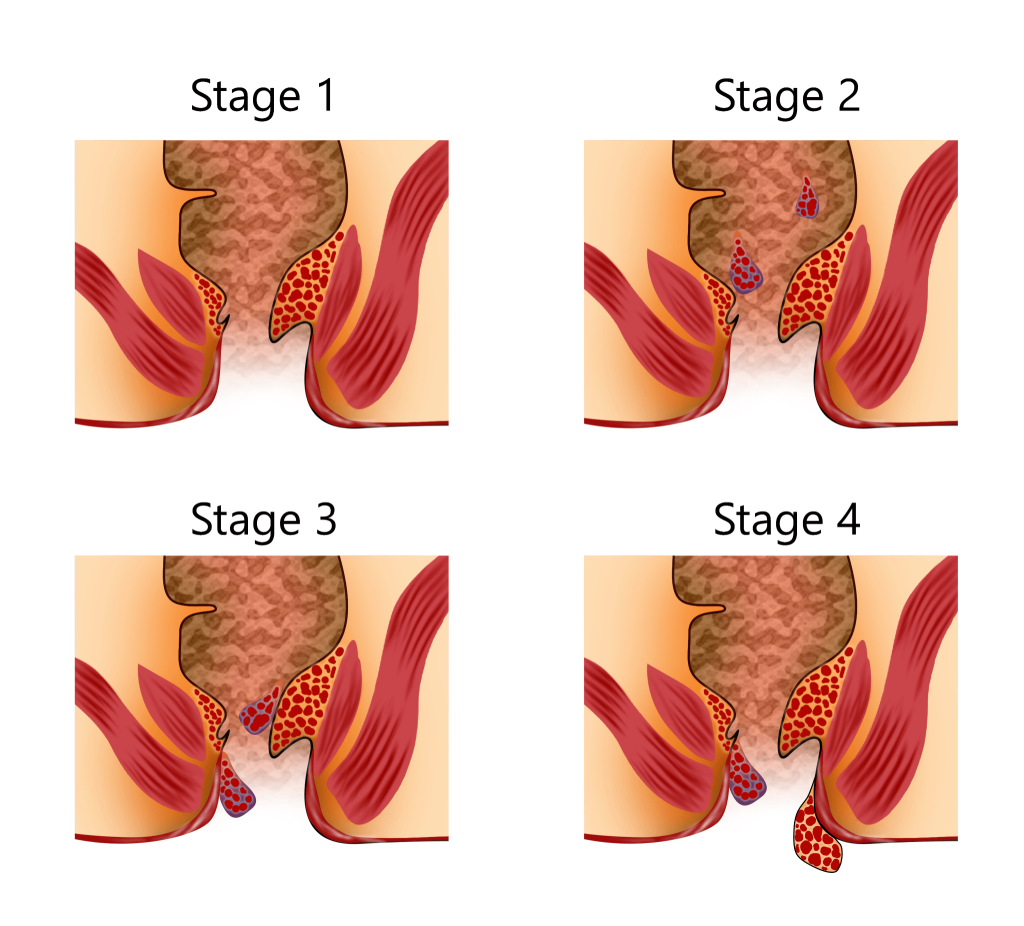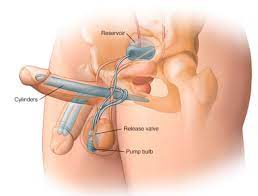What is Panchakarma
What it is Panchakarma:
- Panchakarma is a traditional Ayurvedic cleansing and rejuvenation therapy.
- It aims to eliminate accumulated toxins ("ama") from the body, restoring balance and promoting overall health.
Panchakarma treatment
Key benefits:
- Detoxification: Removes toxins through various channels, including the digestive tract, skin, and blood.
- Doshic balance: Focuses on balancing the three mind-body energies (Vata, Pitta, Kapha) in Ayurveda.
- Stress reduction: Promotes relaxation and mental well-being.
- Potential health improvements: May help with various conditions like chronic pain, digestive issues, skin problems, and respiratory disorders.
The process:
Panchakarma involves five main procedures (hence "pancha" meaning five and "karma" meaning actions):
-
Preparation (Purvakarma):
- Snehan (oleation): Internal and external application of oils to loosen toxins.
- Swedan (fomentation): Sweating therapies to further mobilize toxins.
-
Main procedures (Pradhanakarma):
- Vamana (therapeutic vomiting): Eliminates toxins from the upper digestive tract.
- Virechana (purgation): Eliminates toxins from the small intestine and colon.
- Basti (enemas): Administered through the colon to cleanse and nourish the lower GI tract.
- Nasya (nasal administration): Drops or powders applied to the nasal passage to clear the head and sinuses.
- Raktamokshana (bloodletting): Involves controlled removal of a small amount of blood for specific conditions.
-
Post-treatment (Paschatkarma):
- Dietary and lifestyle recommendations to support the body's healing and prevent recurrence of imbalances.
Important notes:
- Panchakarma is a personalized therapy and should be undertaken under the guidance of a qualified Ayurvedic practitioner.
- It's not a one-size-fits-all approach, and the specific procedures used will vary depending on individual needs and constitutions.
